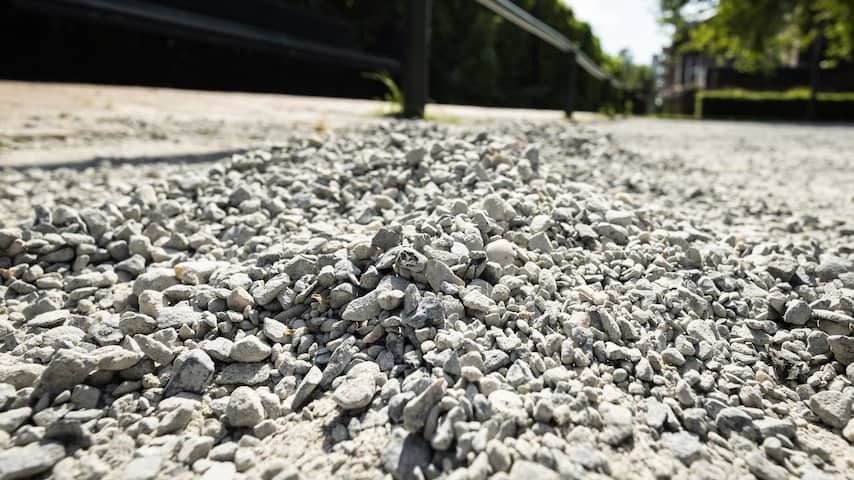
Steel slags may only be used in exceptional cases for one year. The measure applies to large-scale use and locations where direct contact with the residual product is possible. There are concerns about the health risks.
This is what State Secretary Thierry Aartsen of Public Transport and the Environment informed the House of Representatives on Monday.
Steel slags are a residual product from the steel industry that is used for various applications. They are often used in construction, for example for roads, gravel paths or noise barriers. But steel slags can cause health problems, such as nosebleeds, burns, sore eyes and respiratory problems.
Therefore, an emergency regulation now applies to the use of steel slags. They may not be used for a year if people or animals can come into direct contact with them. The ban also applies to places where steel slags are used on a large scale.
Steel slags may still be used in large surface water such as lakes. Research shows that this is not harmful to humans or the environment, Aartsen writes. It also remains permitted to process the residual product in concrete brick, concrete, asphalt or (under certain conditions) as a binder. A permit requirement applies to these applications.
“Safety is my highest priority,” Aartsen writes. “With the current rules, we cannot guarantee safe use of steel slags. That is why we are pressing the pause button.” According to Aartsen, this pause is intended to conduct research “into the risks and possible alternative uses”.